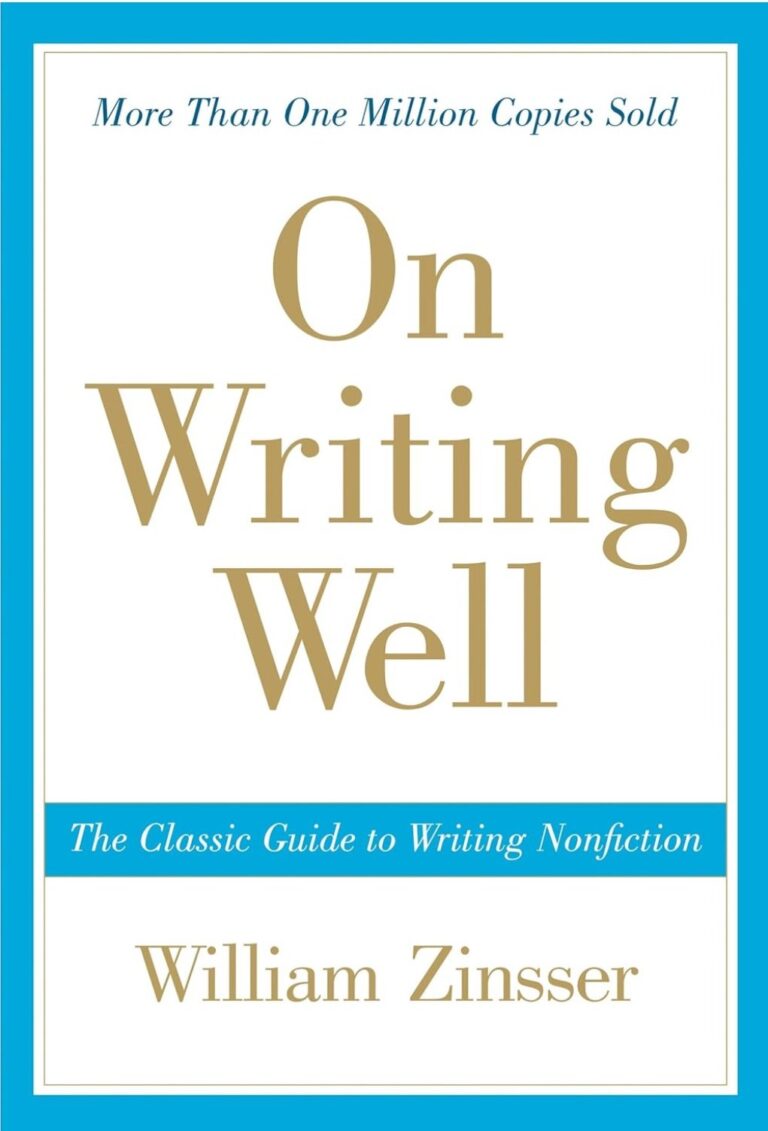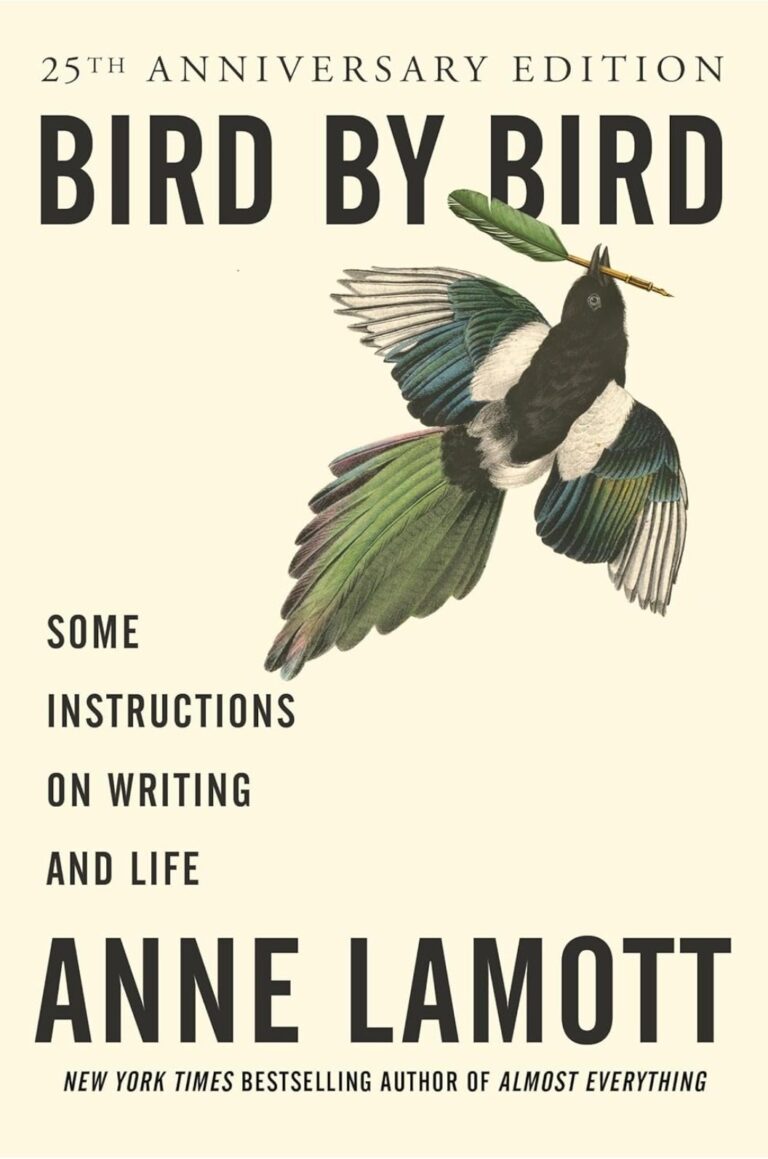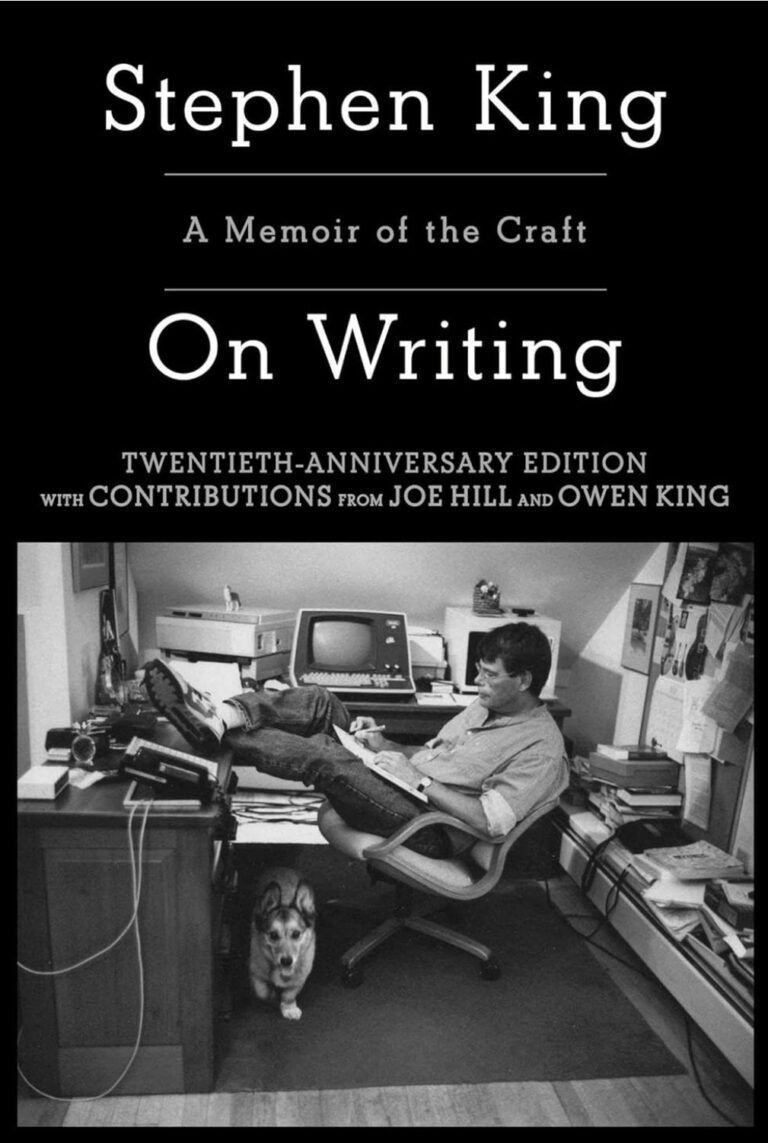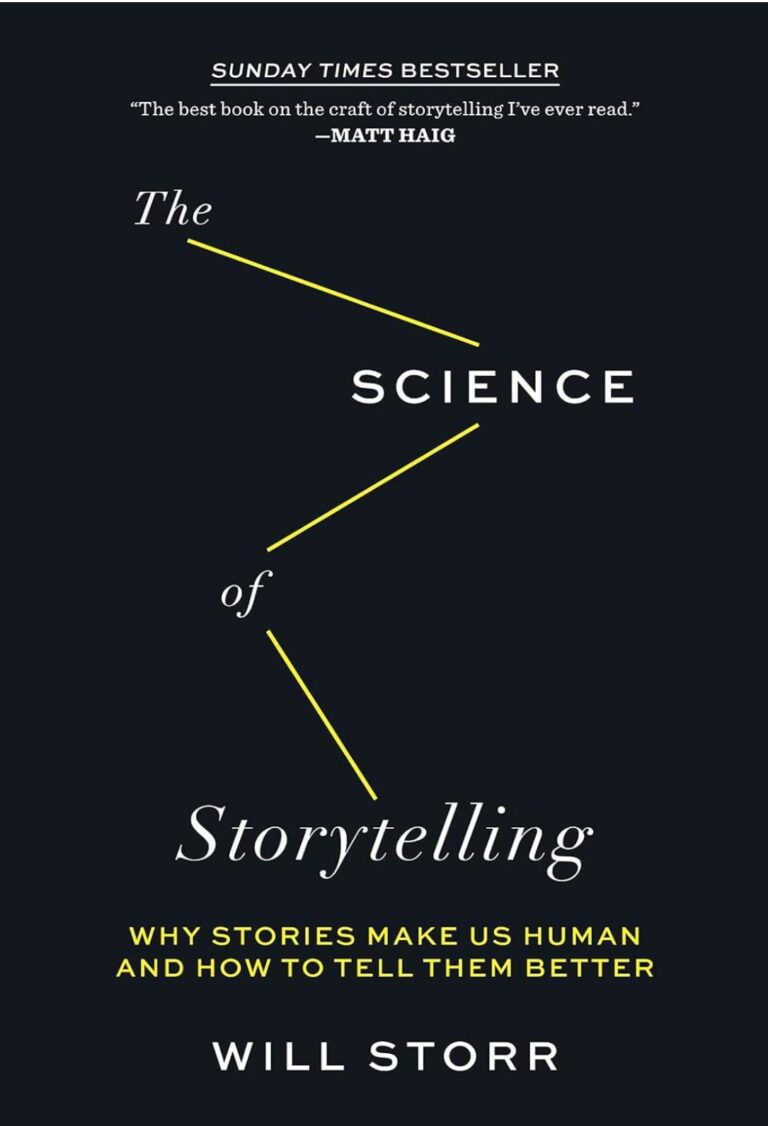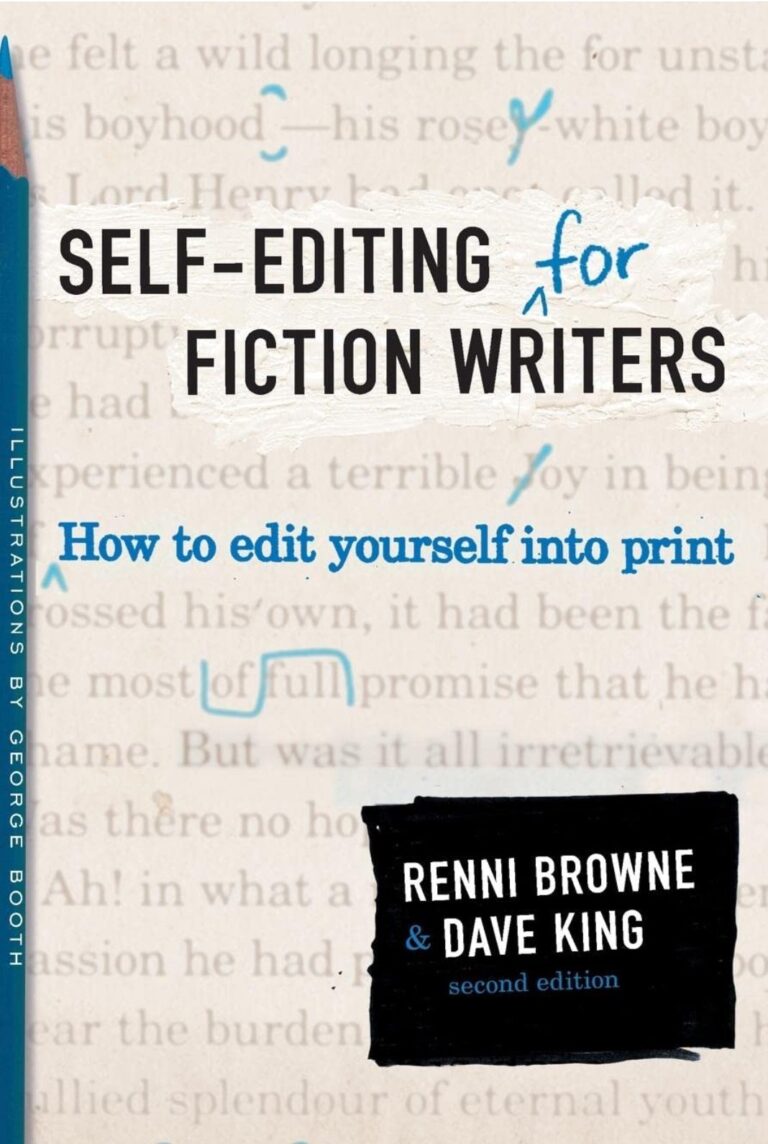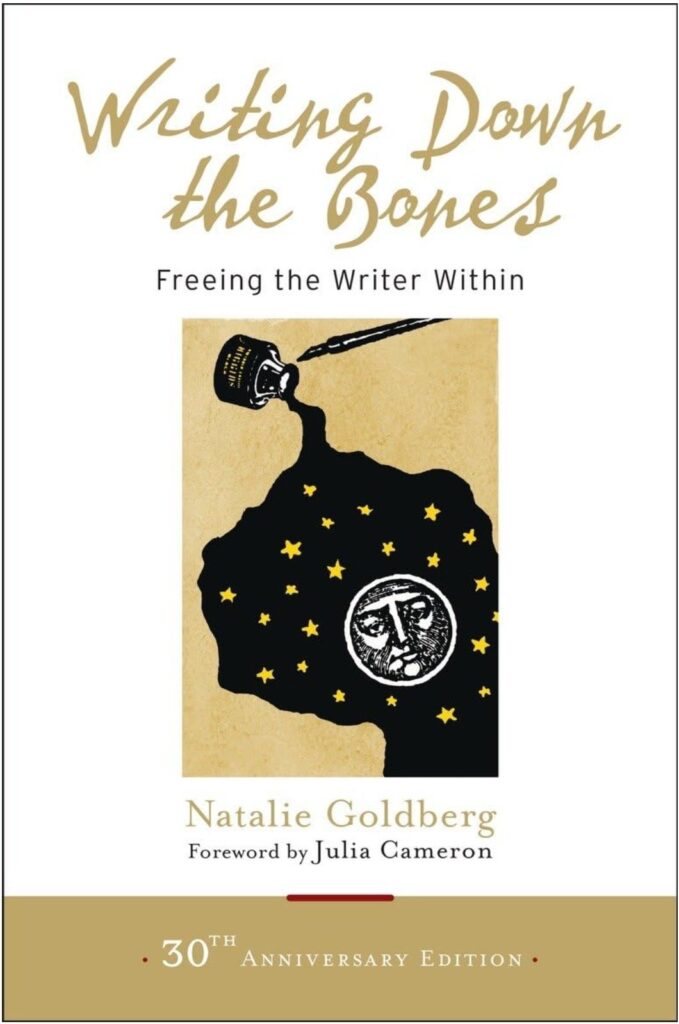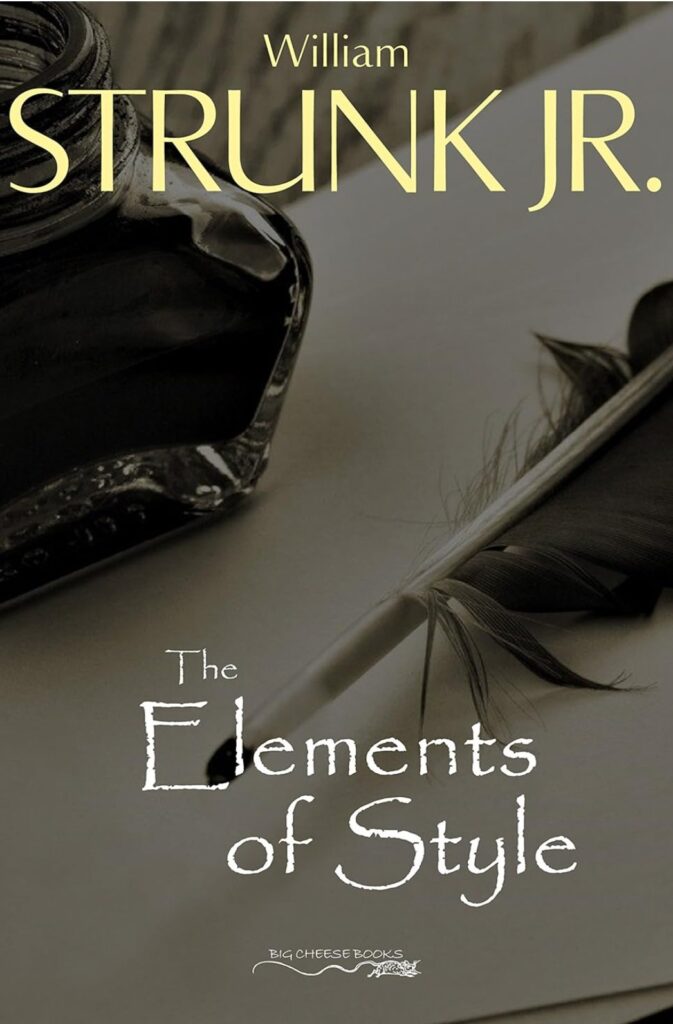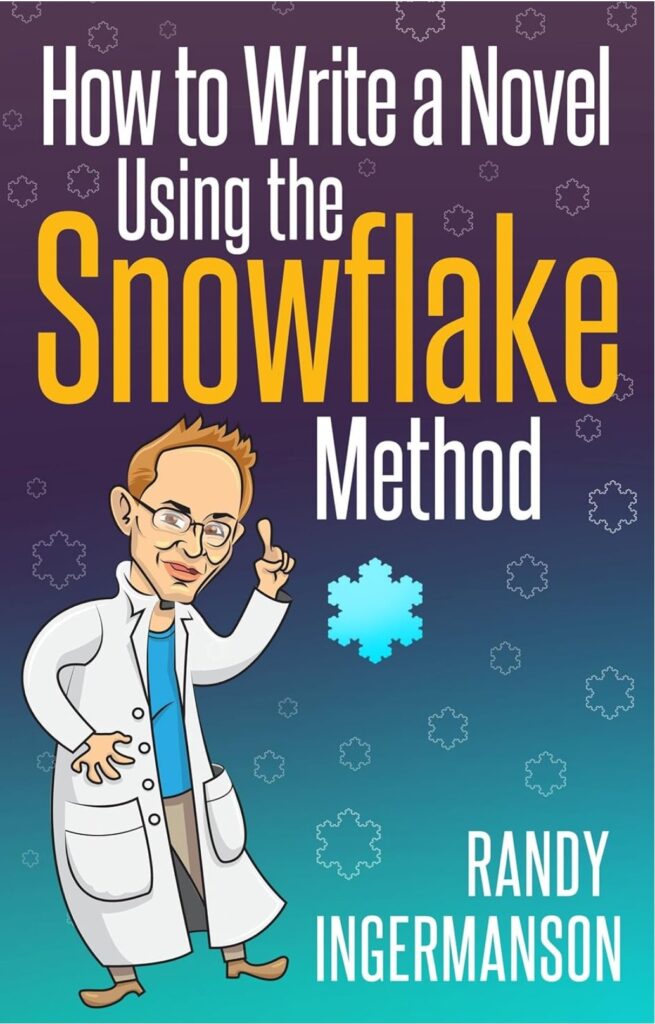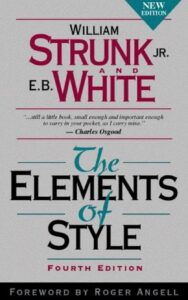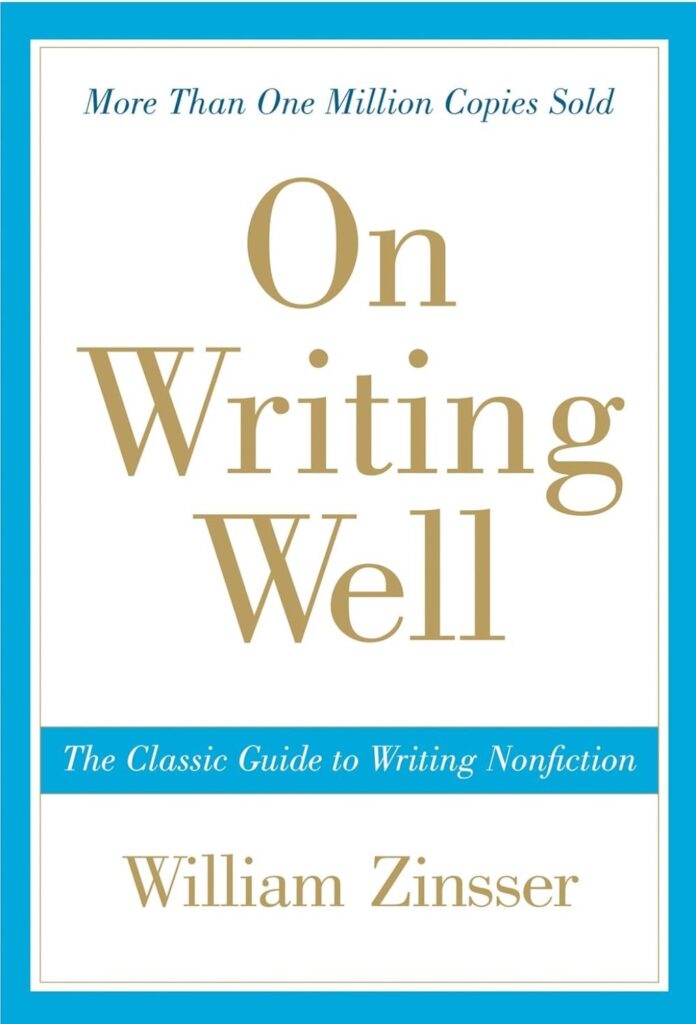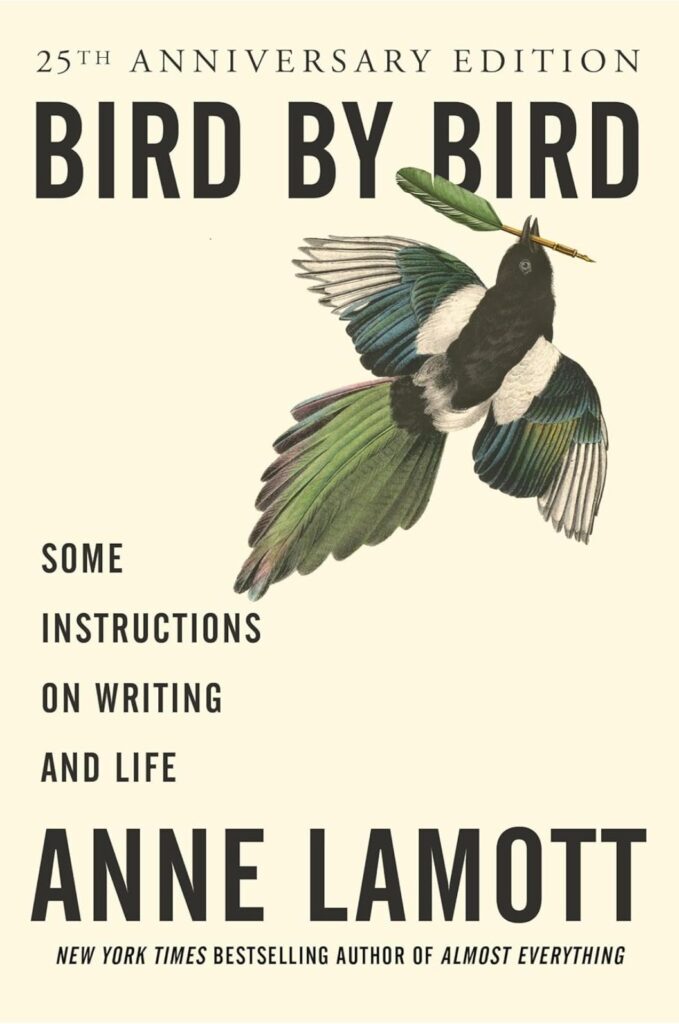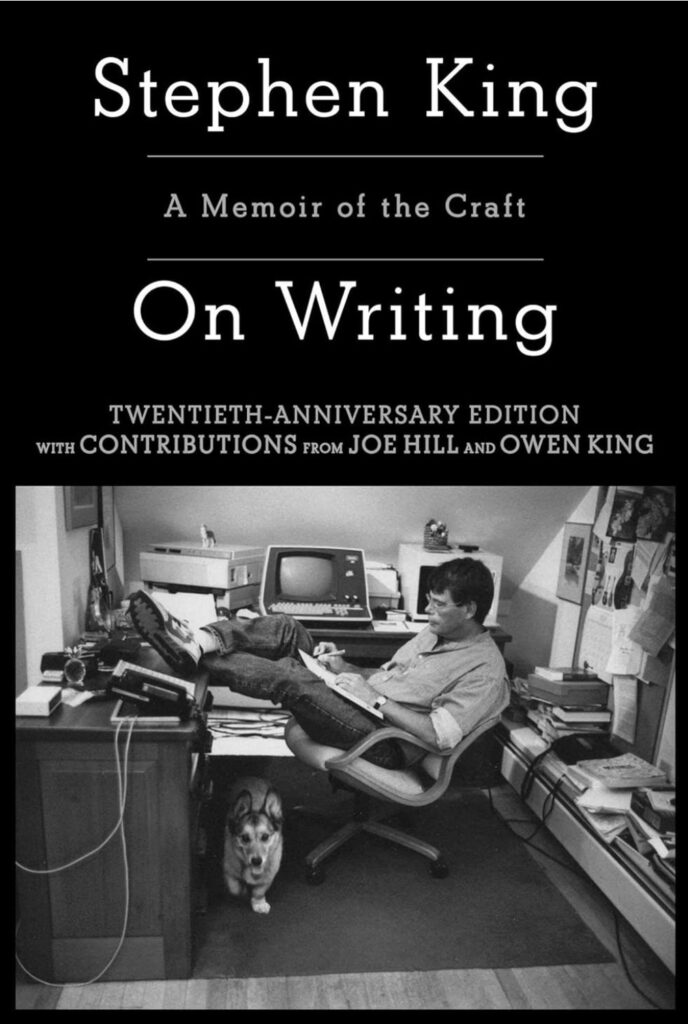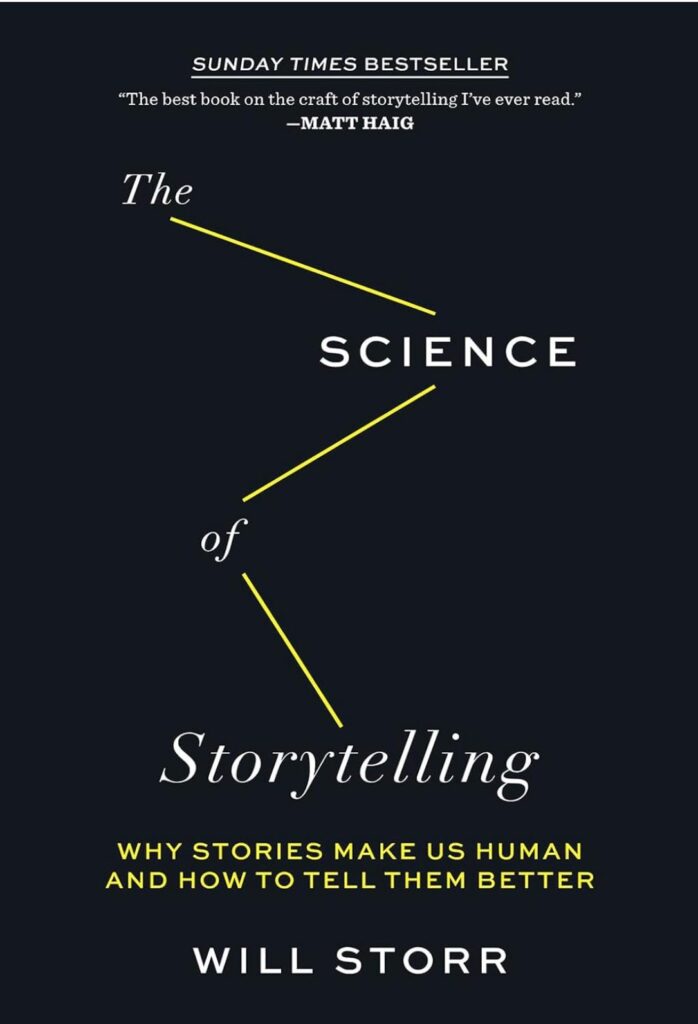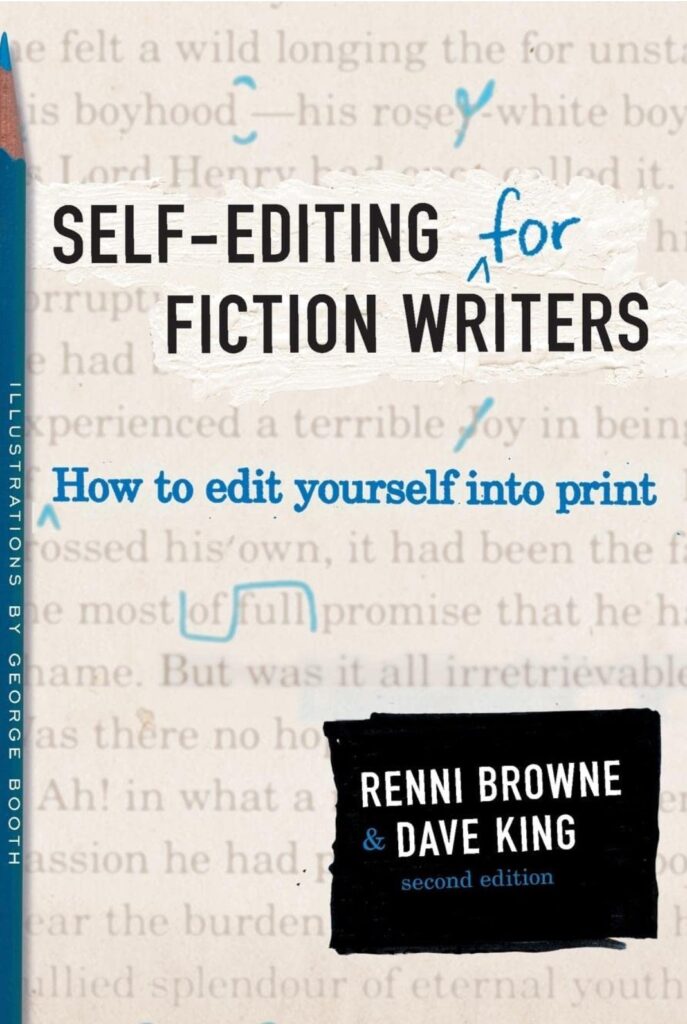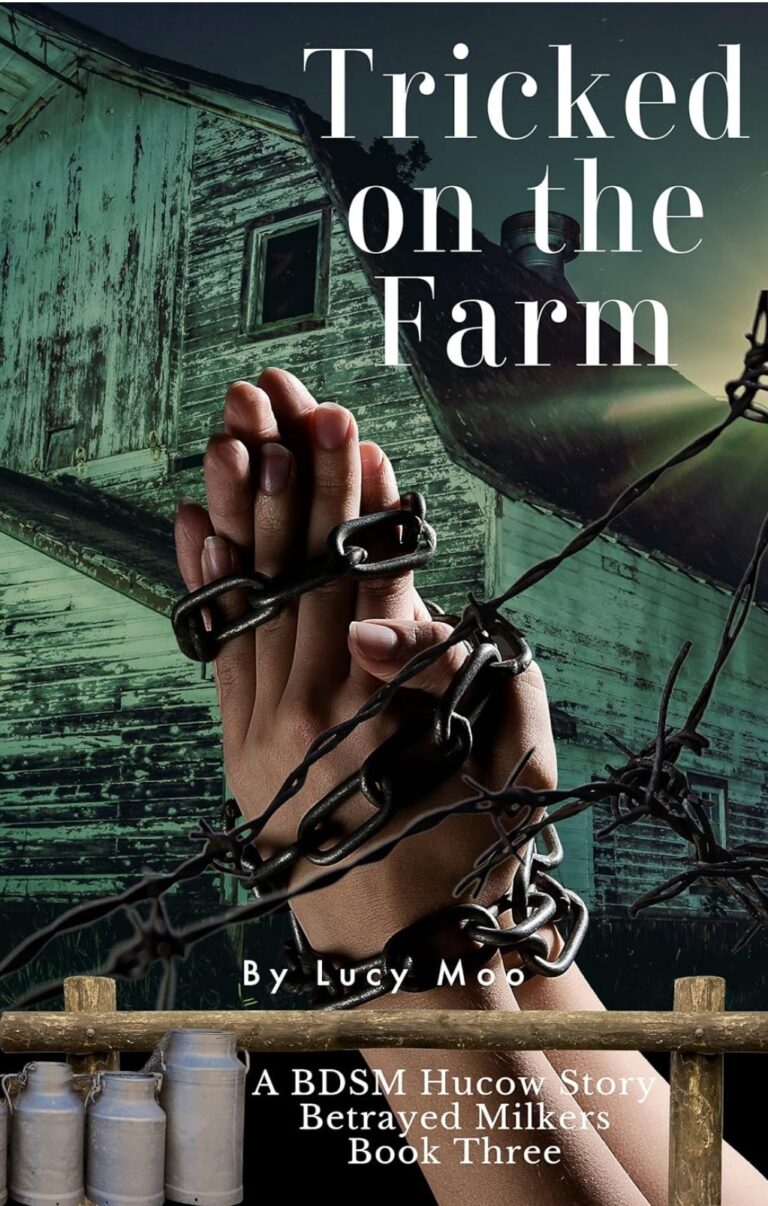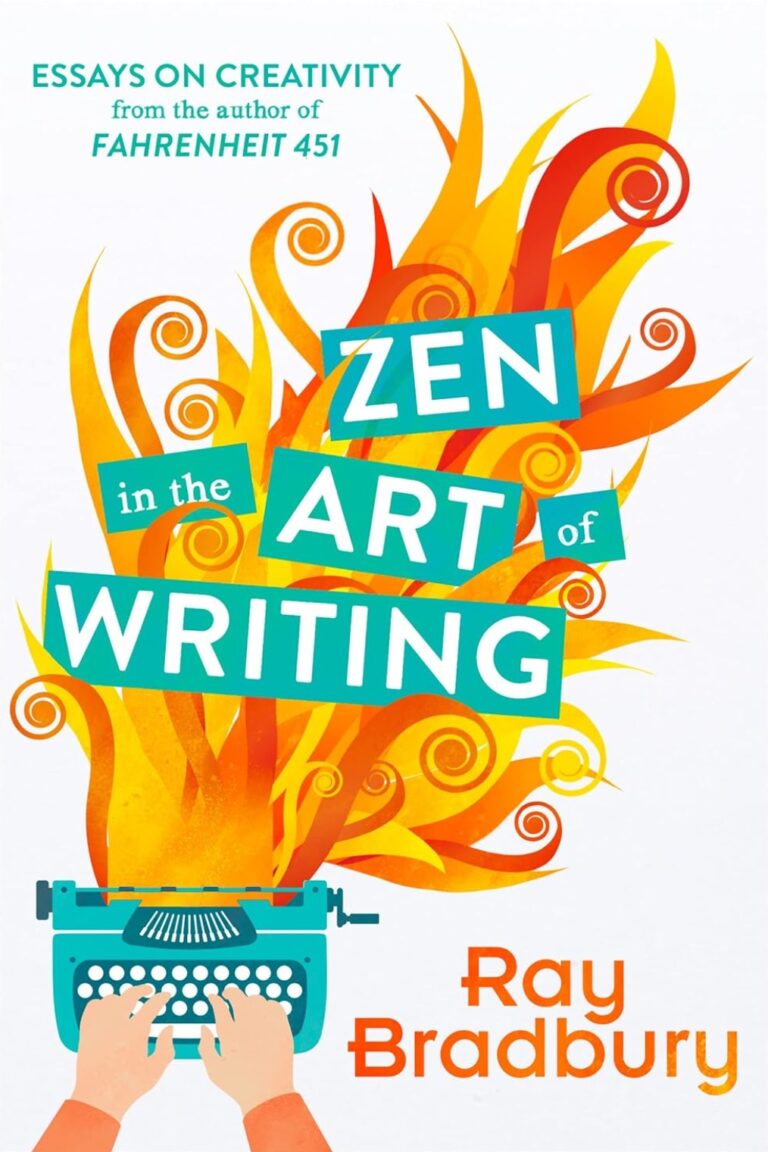Hey there, fellow Hucow authors! If you’re like me, you know that Hucow stories are all about the intense power dynamics between characters—particularly between a strong alpha male and the heroine.
But with these dynamics comes a responsibility: how do you write dominance and submission in dialogue without losing respect for the characters? It’s a balance I’ve had to navigate in my own stories, and I’m here to share what I’ve learned.
In this post, we’ll explore the nuances of writing dominant and submissive characters while keeping them both empowered and relatable. Whether you’re focusing on transformation, breeding, or milking, the way your characters communicate can either enhance or undermine the respect readers have for them. Let’s dive into how to get it just right.
Table of Contents
ToggleCreating a Power Dynamic Without Losing Respect
In Hucow stories, it’s common to play with themes of dominance and submission, but we have to remember that respect is key. Readers need to feel that while one character may be in control, the other is not diminished. In fact, the submission can be an empowering choice for the heroine.
I’ve found that the secret to writing these interactions well is to make sure that the heroine’s submission is never seen as weakness. Instead, it’s a complex, conscious decision she makes as part of her transformation.
Showing Strength in Submission
One of the biggest misconceptions is that being submissive means being weak. In Hucow stories, the heroine often starts out resistant, unsure of her role, but her journey is about learning to embrace who she is. Submission, when written well, is an act of strength.
Example of respectful dialogue:
Heroine: “I don’t want to fight anymore. I’m ready.”
Alpha Male: “It’s your choice. Always has been.”
Here, the heroine makes the decision to submit, but the alpha male acknowledges that it’s her choice, reinforcing respect.
Avoiding Demeaning Language
The key to writing dominance without stripping away respect is to steer clear of demeaning or belittling language. An alpha male can be dominant and powerful without resorting to insults or degrading speech. This keeps the balance of power healthy and makes the interaction more dynamic.
Example of dominant but respectful dialogue:
Alpha Male: “You’re mine now, but you’re never less. You’re more than you’ve ever been.”
By focusing on empowerment within the dialogue, you can reinforce the dynamics of control without diminishing the heroine’s worth.
Making the Heroine’s Transformation Feel Empowering
In Hucow stories, transformation is often at the core of the plot. Whether it’s the physical transformation of becoming a Hucow or the emotional transformation of accepting her role, the heroine is always growing. One of the best ways to showcase this growth is through dialogue that reflects her evolving feelings.
Use Dialogue to Mirror Emotional Growth
As the heroine goes from resistance to acceptance, her dialogue should reflect that change. In the beginning, she might be defensive or uncertain. But as she embraces her new identity, her words should reflect confidence and understanding of her place in the Hucow world.
Early resistance:
Heroine: “I’ll never be like the others.”
Alpha Male: “You will. In time.”
Later acceptance:
Heroine: “I thought I was afraid. Now, I know this is where I belong.”
Notice how the tone shifts from doubt to acceptance. This emotional arc is crucial for maintaining respect throughout the character’s journey.
Writing Dialogue for the Alpha Male Without Losing the Heroine’s Autonomy
Let’s talk about writing the alpha male. It’s easy to fall into the trap of writing him as overbearing or too controlling. However, a well-crafted alpha male allows the heroine to retain her autonomy, even in moments of submission.
The Alpha’s Confidence without Arrogance
Confidence is key when writing an alpha male, but there’s a fine line between confidence and arrogance. The alpha should be sure of himself, but he should never belittle or disregard the heroine’s thoughts or emotions.
Example of confident yet respectful alpha dialogue:
Alpha Male: “You’re strong, even when you’re unsure. That’s why you belong here.”
This reinforces his dominance while still acknowledging the heroine’s inner strength. The balance of power is maintained, but so is the mutual respect between characters.
Using Playful Banter to Lighten the Dynamic
Another way to keep things respectful while playing with dominance and submission is through playful banter. Light-hearted moments can ease the intensity of the power dynamic, making the relationship feel more balanced and less heavy-handed.
Injecting Humor and Playfulness
Humor can add an important layer to the dynamic between the alpha male and the heroine. It can help to show that while the alpha male may be in control, the heroine is still an active participant, with her own wit and personality.
Example of playful banter:
Heroine: “Do I get a say in this?”
Alpha Male: “Of course. You can say how much you like it.”
This exchange adds a playful tone to the dynamic while keeping it clear that both characters are enjoying the interaction. The heroine’s personality still shines through, even in submissive moments.
Consent Is Key: Reinforcing the Heroine’s Choice
We can’t talk about dominance and submission without addressing consent. In Hucow stories, the power dynamics are only enjoyable when both characters are willingly participating in the arrangement. Reinforcing the heroine’s choice through dialogue is essential for keeping the respect intact.
Making Consent Clear Through Dialogue
Use dialogue to reinforce that the heroine’s submission is her choice, and that she can opt out at any time. This makes the dynamic more respectful and gives the heroine agency within the relationship.
Example of reinforcing consent:
Alpha Male: “You don’t have to do this. You can walk away.”
Heroine: “I don’t want to walk away. I’m ready.”
Here, the alpha male makes it clear that the heroine is in control of her choices, and she affirms her desire to continue.
Balancing Power and Respect in Conflict
Conflict is an important part of any story, and in Hucow fiction, it often revolves around the heroine’s struggle with her new role. The key is to write conflict in a way that doesn’t undermine the respect between characters.
Using Conflict to Build Trust
Conflict can be an opportunity to build trust between the characters. Through heated dialogue, the heroine can express her doubts or frustrations, and the alpha male can respond with patience and understanding, reinforcing the bond between them.
Example of conflict dialogue:
Heroine: “Why does it always have to be your way?”
Alpha Male: “Because I know what’s best for you. But I’ll listen if you want to tell me something different.”
This exchange allows the alpha male to maintain control while still validating the heroine’s feelings, showing that her voice matters in the relationship.
Examples of Dominant Dialogue
Below are some examples of dominant dialogue that assert control without losing respect for the heroine. These examples show different tones, from playful to intense, while keeping the power dynamics in focus.
Confident and Reassuring
This type of dialogue is dominant but also offers reassurance, showing that the alpha male is in control but still mindful of the heroine’s emotions.
Alpha Male: “You’re safe with me. You may not realize it yet, but I always take care of what’s mine.”
Challenging the Heroine
The alpha male challenges the heroine, pushing her to confront her inner strength or desires, while maintaining a sense of mutual respect.
Alpha Male: “I can see the fight in your eyes. But you’re not fighting me—you’re fighting what you already know to be true.”
Commanding, but Respectful
A direct command from the alpha male, but with language that acknowledges the heroine’s autonomy.
Alpha Male: “I expect you to listen, but only because I know you want this as much as I do.”
Gentle Dominance
In this example, the alpha male asserts his dominance in a more tender, coaxing way, showing care while still maintaining control.
Alpha Male: “Give in. You don’t have to carry this weight alone. Let me guide you.”
Playful Yet In Control
This is a more playful approach to dominance, keeping the tone light but still exerting control in a fun, engaging way.
Alpha Male: “You’re stubborn. But I like that. It just means I’ll enjoy it more when you finally give in.”
Unyielding, Yet Protective
This example shows the alpha male being firm, but with a protective edge that reinforces his role as both dominant and caring.
Alpha Male: “I’ll never let you fall. But that means you have to trust me. You will trust me.”
Assertive Yet Empowering
The alpha male asserts control, but makes it clear that submission is the heroine’s choice, empowering her even in her submission.
Alpha Male: “You can walk away right now, but we both know you won’t. You’re stronger than you think.”
Challenging Desire
Here, the alpha male taps into the heroine’s hidden desires, challenging her to confront them while still maintaining his dominant role.
Alpha Male: “You say you don’t want this, but your body is telling me otherwise. Stop fighting what you already crave.”
Unwavering Confidence
A straightforward, no-nonsense example of dominant dialogue, showing the alpha male’s absolute confidence in the situation.
Alpha Male: “You’re mine now. There’s no going back, and deep down, you’ve known this all along.”
Command with a Promise
The alpha male gives a command, but it’s softened with the promise of safety and protection.
Alpha Male: “Do as I say, and I promise you’ll be exactly where you need to be.”
Demanding, but Understanding
The alpha male asserts dominance while showing he understands the heroine’s hesitations, but insists on her trust.
Alpha Male: “I know you’re afraid, but fear won’t stop what’s coming. Trust me to lead you through it.”
Respectful Control
The alpha male asserts control, but he acknowledges that the heroine’s submission is a choice, keeping the dynamic respectful.
Alpha Male: “You’ll follow my lead, but only because I know you’re ready for this. You wouldn’t be here if you weren’t.”
These examples demonstrate how to write dominant dialogue in a way that maintains respect, empowering both the alpha male and the heroine within their roles. The key is balancing strength with understanding, allowing the heroine to retain her autonomy even in moments of submission.
Conclusion
Respect Is the Foundation of Dominance and Submission
In the end, writing dominance and submission in Hucow stories without losing respect comes down to understanding the characters’ motivations and creating a balanced dynamic. The alpha male can be strong and assertive without being demeaning, and the heroine can submit without losing her strength or autonomy.
Respect is at the heart of these stories, and it’s what makes the power dynamics exciting, engaging, and, ultimately, satisfying for readers. By crafting dialogue that reflects mutual respect, emotional growth, and choice, you can create powerful, transformative relationships that resonate deeply with your audience.
So, as you dive into your next Hucow story, remember to keep the respect alive in your dialogue. Your readers—and your characters—will thank you for it!
References and More Information
Here are three useful references you may find useful for further information and research:
-
Writing Strong Characters: Balancing Power and Respect by The Write Life
This article explores how to balance power dynamics between characters, making sure respect is maintained even in unequal relationships. -
How to Write Power Dynamics in Fiction by Reedsy
This post dives into writing power dynamics between characters, focusing on how to create engaging, respectful exchanges in situations of dominance and submission. -
The Art of Subtext in Dialogue by Writer’s Digest
This article explains how subtext can be used in dialogue to show power, control, and respect in character interactions, making dialogue more layered and engaging.











